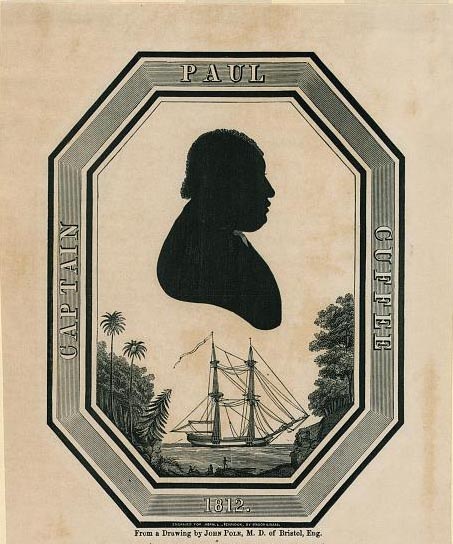Colonization
During the early nineteenth century, many anti-slavery reformers advocated colonization programs in Africa as a means to solving America's racial problems. Free Black Americans would receive lands in Western Africa where they could settle and live independently from the threats of American slavery. The colonization projects had little to do with improving the circumstances of America's Black population, and more to do with eliminating the perceived threat of Black Americans to white supremacy. Settlers often received poor land and the majority of the colonies failed miserably. The colonization movement did little to halt the advance of slavery, but it did produce the modern day country of Liberia.
E.D. Hudson recognized the prejudiced logic behind the colonization agenda, and fervently opposed the movement. Hudson commented in his journal on February 19, 1840 "In Franklin we met Dr. Woodward and had an interview with him. He favors colonization. I exposed its fallacies and cruelties and the hopelessness of the scheme, apparently to his satisfaction."1 Later that year on December 3, Hudson had a similar encounter with a minister in Connecticut. The minister claimed that the clergy were laboring for the slaves by providing them a home in Liberia and sending missionaries. Hudson responded by asking "Sir, does colonization declare slavery to be a moral evil and to be repented off immediately?" The minister said yes, to which Hudson asked "when and where?" The minister went silent.2 Hudson understood that America could not simply eliminate slavery by exporting its Black population.
Anti-Slavery Pamphlets on Colonization:
Citations


